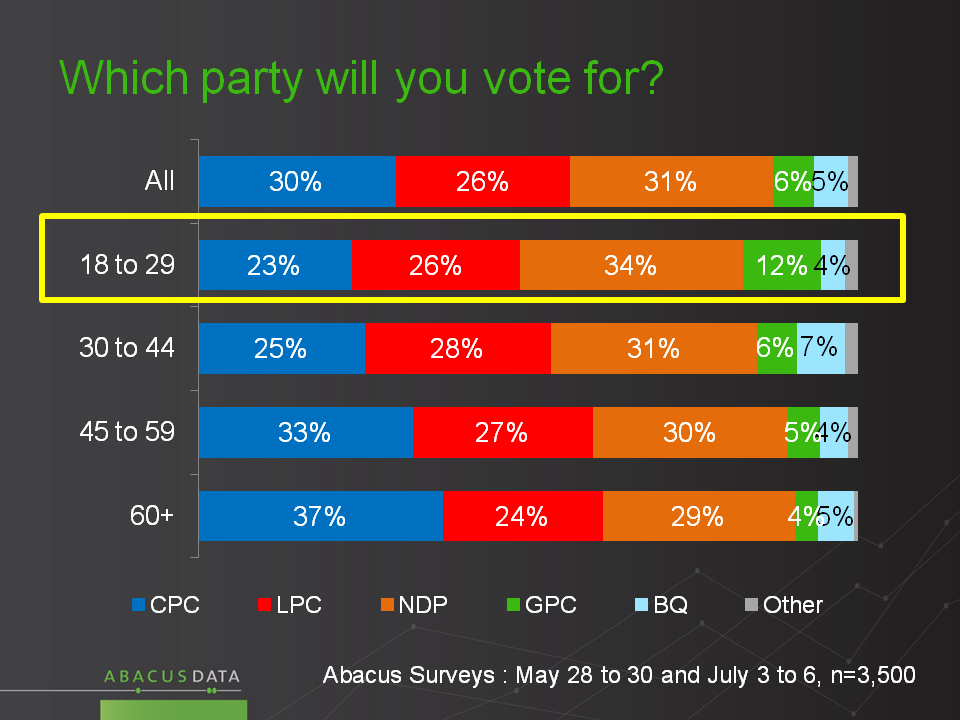Morneau's proposals, assuming no other additions are made, will remove many of these loopholes that allow wealthy individuals to take advantage of CCPCs as a form of tax avoidance. And it is indisputable that they are the ones who are currently exploiting CCPCs: Less than 5% and 10% of those earning $27,500 and $68,800 are owners of CCPCs respectively. Compare this to the 1% and 0.1%, of whom over 50% and 70% currently own one for the previously stated reasons (
Source *Note* This will link to a PDF download).
There are, of course, other matters that the wealthy have exploited to hoard their income and reduce the taxes they pay like the 20-year rule that should also be removed along with addressing other forms of tax avoidance, but Morneau's proposal is a form of generating tax fairness, not unfairness. If you're going to be paying more if/when these proposals become law, you're doing pretty well for yourself.
Short version: Morneau plans on closing loopholes that six-figure salary earners have exploited to pay less taxes as a means of reducing income equality and ensuring the 1% and .1% pay their fair share since increasing taxes on that group in of itself will inherently lead to them sheltering more of their income. The proposal will not affect the livelihood of current business owners nor will it harm the lower or middle class.




